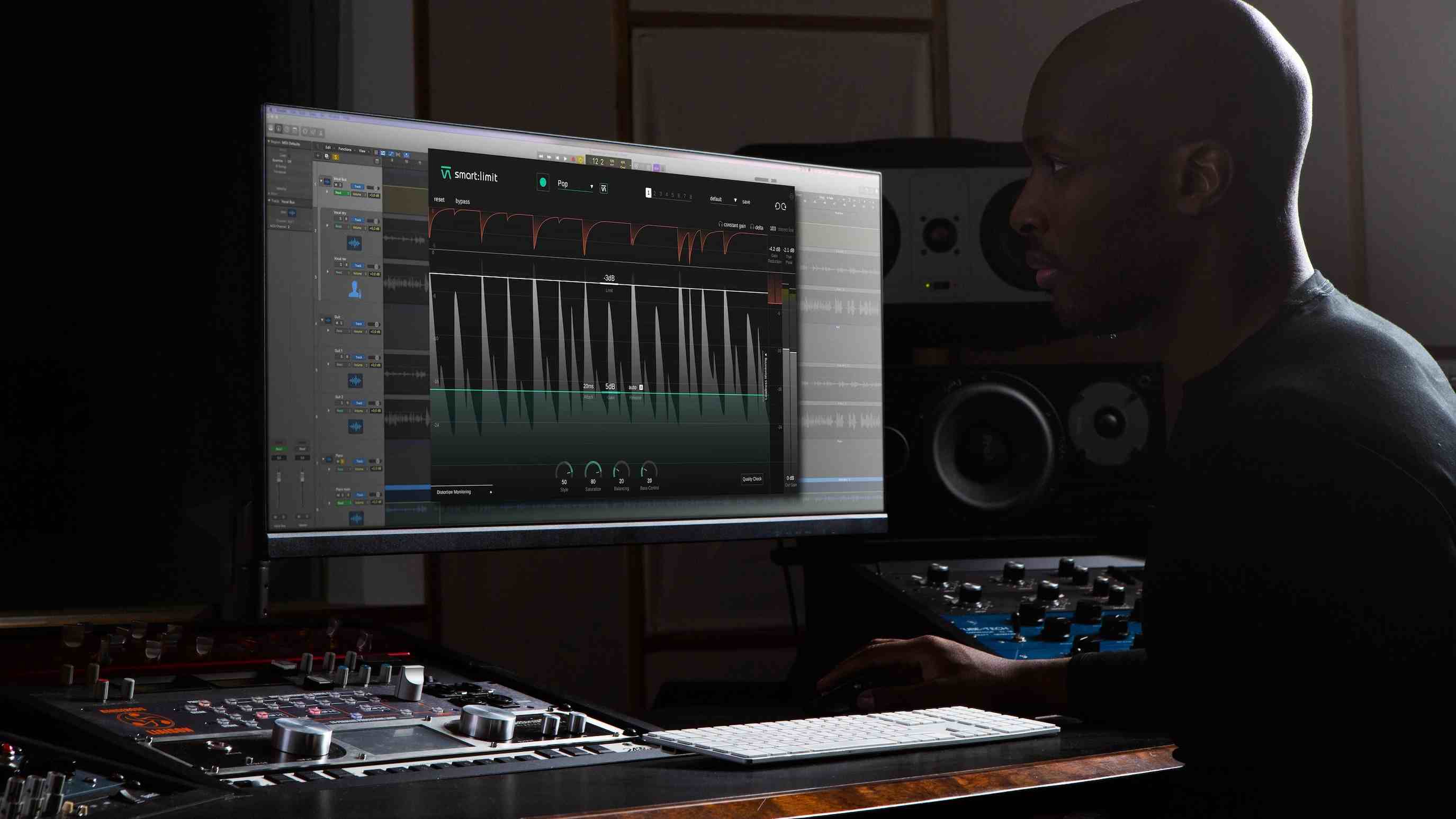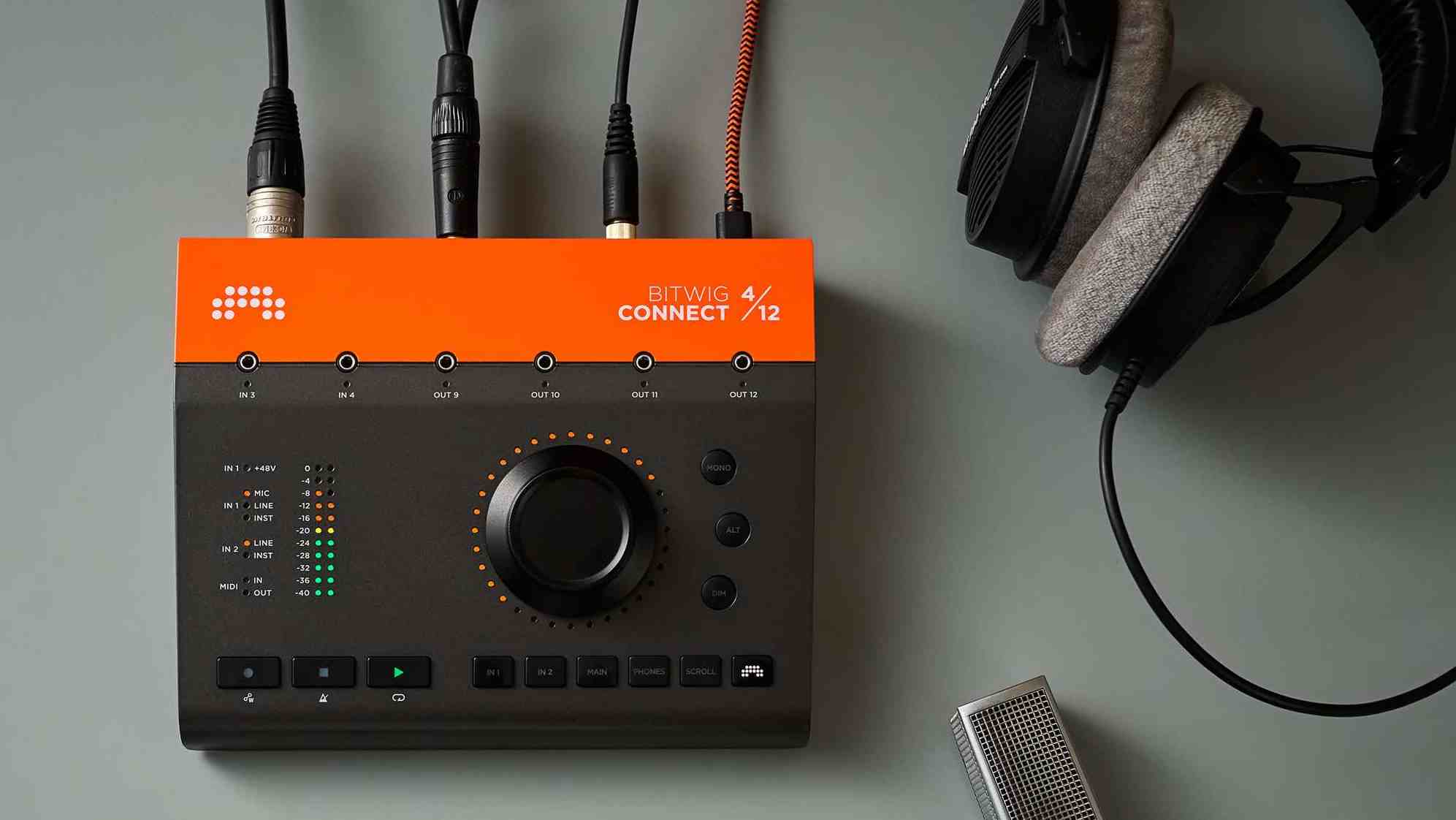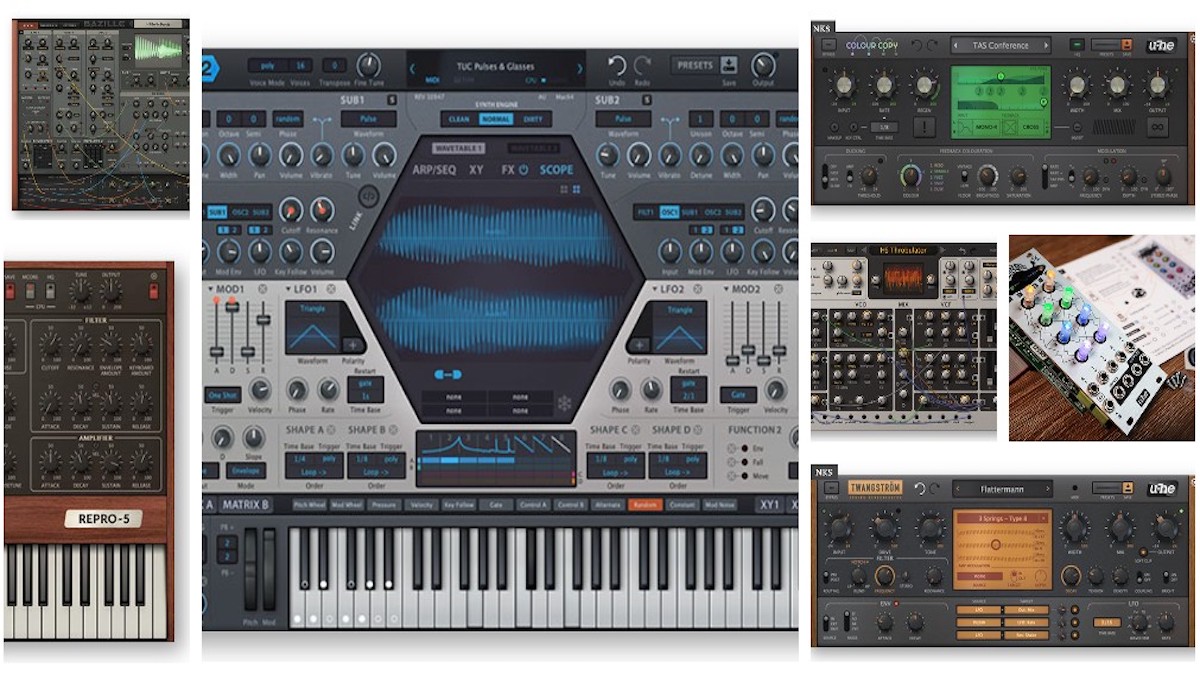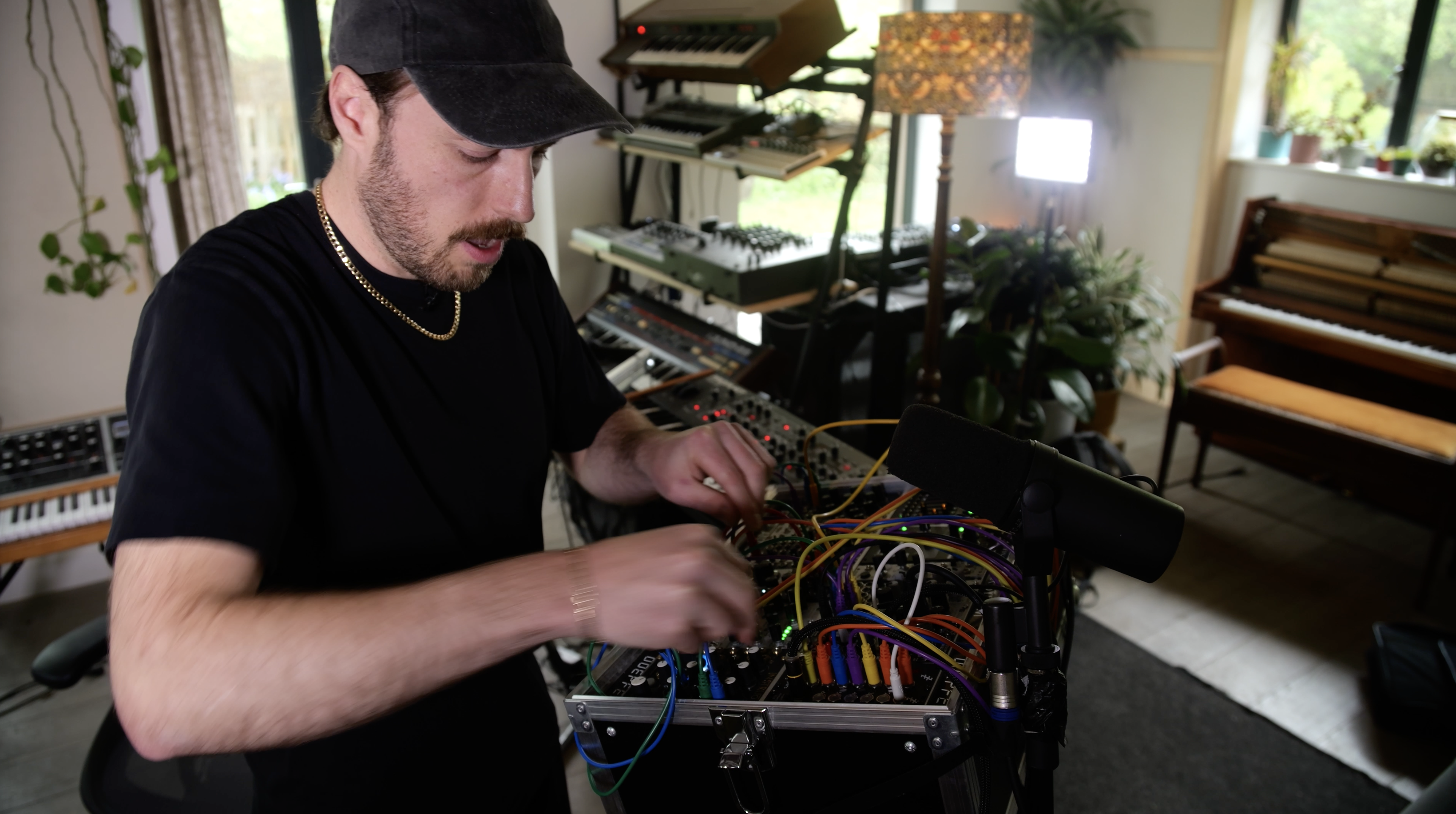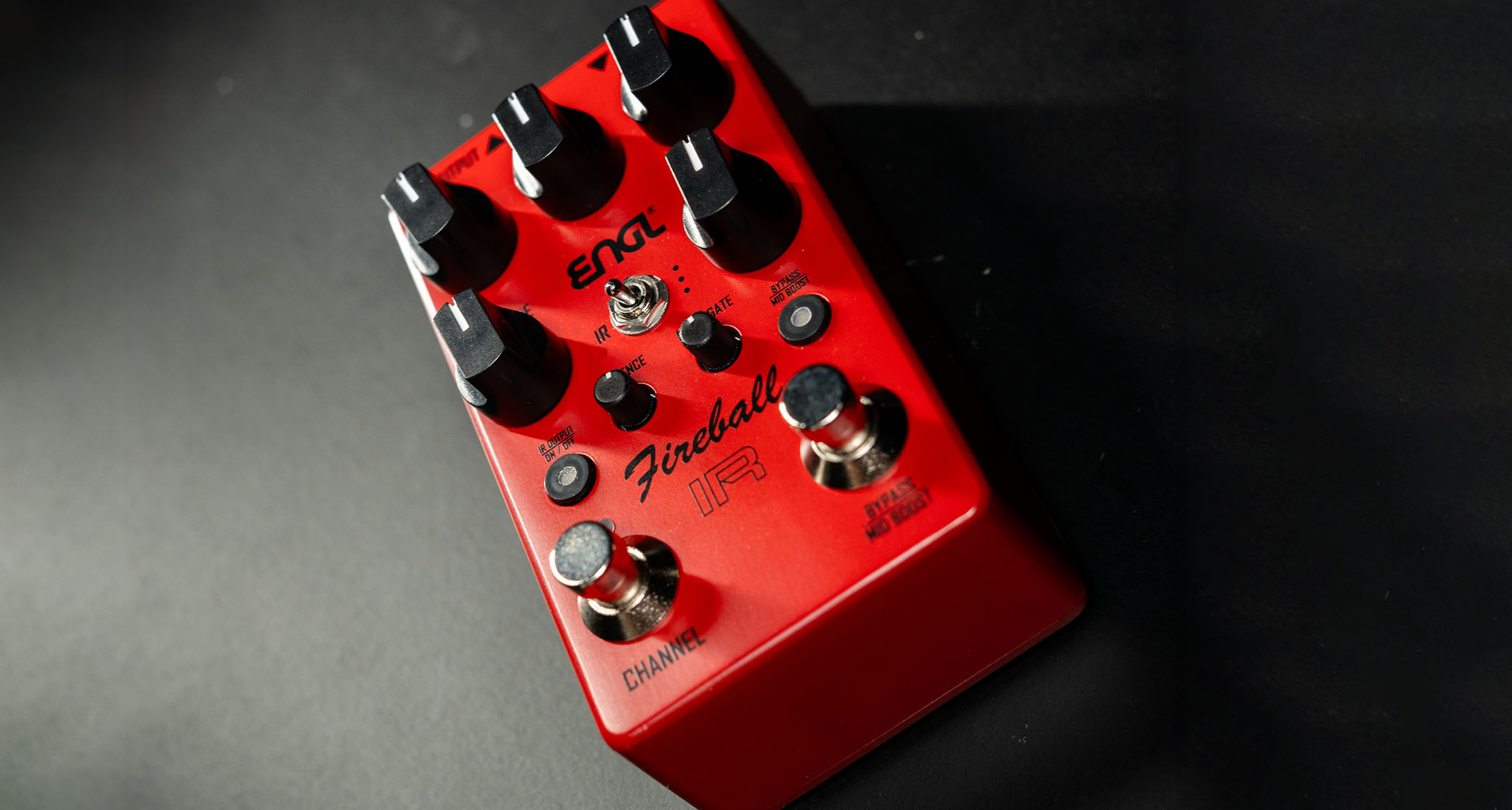Splice acquires Spitfire Audio in rumoured $50m deal
The two companies plan to work together on new products that "blend Spitfire Audio’s cinematic soundscapes and orchestral expertise with Splice’s sample catalog and AI-powered discovery engine"
Music creation platform Splice has acquired Spitfire Audio, the British sample library and virtual instrument developer, for around $50 million, according to reports in The Financial Times.
A press release shared by Splice states that the two companies are planning to work together on developing new products that blend Spitfire Audio's "cinematic soundscapes and orchestral expertise" with Splice's sample catalogue and AI-powered discovery engine.
The unexpected acquisition brings together two unlikely bedfellows that serve distinctly different audiences. Splice is a US-based, Goldman Sachs-backed sample platform geared towards artists and producers working in pop, hip-hop and EDM. Operating a credit-based subscription model, Splice has integrated AI into its workflow with the Create sample discovery tool, launched in 2023.
Spitfire Audio is a UK-based independent company known for producing high-end orchestral sample libraries and virtual instruments. Founded in 2007 by composers Paul Thomson and Christian Henson, the company's software tools are popular with composers and producers working in film and television.
Splice has confirmed that both companies will continue to operate independently "in the near term". Olivier Robert-Murphy will remain in place as Spitfire Audio's CEO, while Paul Thomson will continue to oversee creative direction for the company.
“The teams at Spitfire Audio and Splice have deep respect for composers, musicians and producers and are committed to celebrating and supporting their work”, Splice CEO Kakul Srivastava said in a statement.
“We’re both sound-first, creator-led companies who believe great software and technology can supercharge the creative experience. Our shared vision is to develop tools that expand - not replace - human creativity. With Spitfire’s expressive instruments and Splice’s AI-powered platform, we’re just beginning to explore what’s possible.”
Get the MusicRadar Newsletter
Want all the hottest music and gear news, reviews, deals, features and more, direct to your inbox? Sign up here.
Addressing Spitfire Audio's customers in a conversation with Srivastava shared on the company's YouTube channel, Thomson reassured viewers that Spitfire Audio will continue releasing perpetual-license sample libraries and supporting its existing products, allaying fears that the company could transition entirely to a Splice-style subscription model.
Reactions to the video have not been wholly positive. "I'm worried," writes one viewer. "As an owner of a significant investment in Spitfire Audio sample libraries, I don’t know what to believe about future stability."
Speaking to The Financial Times, Srivastava said that the acquisition will support Splice in the development of more AI-powered music creation tools, but confirms that the company is not planning to build a Suno-style prompt-based song generator.
“Most musicians do not want to make music that way, but AI will enable [artists] to do things they could not do today,” she said. "They could use string quartets from Spitfire, but you might want to invent your own instrument. You can start with a particular sound and merge instruments together to get a novel sound that has never been heard before... we are still figuring it out.”

I'm MusicRadar's Tech Editor, working across everything from product news and gear-focused features to artist interviews and tech tutorials. I love electronic music and I'm perpetually fascinated by the tools we use to make it. When I'm not behind my laptop keyboard, you'll probably find me behind a MIDI keyboard, carefully crafting the beginnings of another project that I'll ultimately abandon to the creative graveyard that is my overstuffed hard drive.
You must confirm your public display name before commenting
Please logout and then login again, you will then be prompted to enter your display name.



